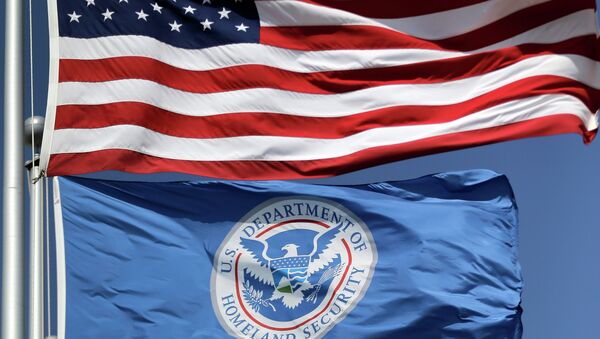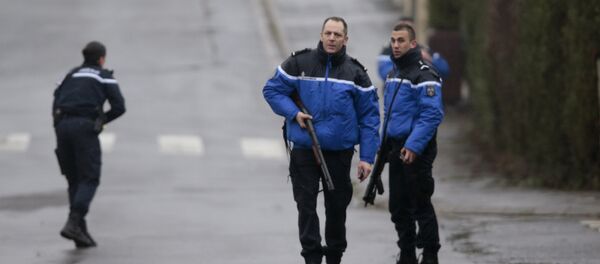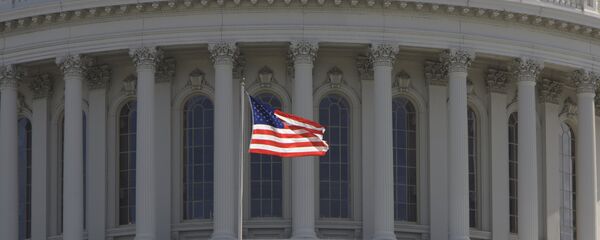“When it comes to the issue of terrorism there are public attitudes and there’s the issue of actually raising security levels against an attack. On both of those issues, I think this [decision to enhance protective services] is a useful direction,” terrorism expert and Associate Professor of Political Science at the University of Albany, Victor Asal, said.
Asal explained that the public is usually willing to accept increased security in the aftermath of a crisis, but there is always a question as to how long society will be willing to bear that cost.
The French, for example, have just put out an enormous amount of security forces around the country, Asal said, adding that “we’ll have to wait and see how long that lasts.”
There are other costs, including restrictions on freedom, Asal said, which limits what democracies like the United States and France can do in tracking suspected terrorists.
“It is challenging to track individuals traveling in and out of a democracy. Unless you are a police state, there is a tradeoff,” expert said.
Regardless what procedures are implemented, it is prudent for homeland security to conduct assessments and take correction actions, Asal added, because useful reviews can “look at the utility of these kinds of activities,” and help identify areas of improvement.
“It is always good to vary security measures so you’re not predictable to those you’re facing,” Carafano said.
Although the DHS decision might seem like an “overabundance of caution,” Carafano said it was a commonsense maneuver, especially when weighing recent events in Paris, Sydney and Ottawa.
On Monday, US Secretary of Homeland Security Jeh Johnson said the United States was enhancing the presence of the Federal Protective Service at US government buildings in an expanded list of major cities around the country.
On January 7, terrorists entered central Paris offices of French satirical magazine Charlie Hebdo and killed 12 people. Two days after, a gunman took hostages at a kosher food supermarket in one of Paris' districts, demanding freedom for the Charlie Hebdo attack suspects. An al-Qaeda affiliate in Yemen claimed responsibility for the massacre.




